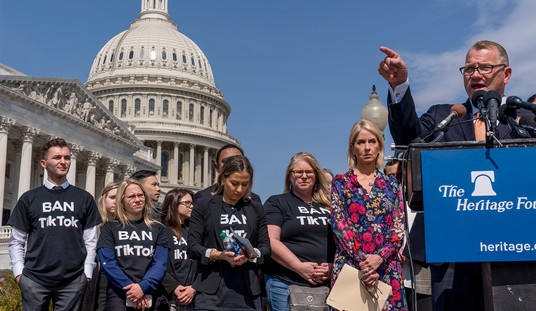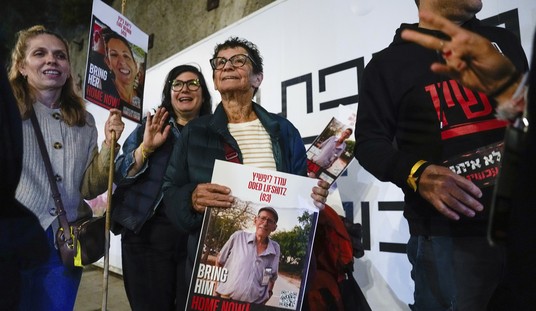The Washington Post editorial board has a detailed story about a laboratory in Guangzhou, China which was one of the first in the country to genetically sequence COVID-19. The lab had been sent a sample from a hospitalized patient in Wuhan who had some kind of lung infection. A researcher at the lab saw the sequencing results and recognized it as a variant of SARS on December 26, 2019.
When she checked the test results that morning, they indicated the man was infected by a virus similar to the one that causes SARS, or severe acute respiratory syndrome, which was first identified in China in 2002 and ultimately killed 774 people worldwide. The researcher was alarmed. She wrote to a co-worker on WeChat, a messaging service, at 9:28 a.m., saying the sample was brimming with something that looked like SARS…
The researcher went by the online moniker Little Mountain Dog, with an avatar of a furry pup sitting alone in a field of lush grass. Her reflections and observations were posted in a blog on Jan. 28, 2020, which she took down two days later, saying it was written “for myself to read in the future, but it spread online and I didn’t want to get involved in anything, so I deleted it.” She asked that no one reprint it, and said the company’s leaders were “understanding and forgiving” after she posted it. “I don’t want to cause trouble to anyone, and I don’t want to stir up public opinion,” she added.
The researcher known as Little Mountain Dog decided to investigate more thoroughly before raising the alarm. After further work she was convinced it was an unknown relative of SARS. The lab decided to sterilize everything and monitor workers to make sure no one showed signs of infection. The also contacted authorities:
The laboratory’s leaders telephoned the Wuhan hospital and the Chinese Center for Disease Control and Prevention with the results, then traveled to Wuhan to report on Dec. 29 and 30. The results were also shared with the Institute of Pathogen Biology of Chinese Academy of Medical Sciences to complete the genomics.
At this point, Little Mountain Dog thought “this matter would pass soon” because she knew of only one infected patient.
But on Dec. 30, she learned that “quite a few patients” had similar symptoms. This was a strong signal the virus was probably spreading. “Suddenly tense,” she wrote. A laboratory in Beijing found an identical virus in a separate sample, and a contact there shared it. “The first thought in the subconscious is ‘this virus is contagious’! It may really be a new type of SARS!” she wrote…
Little Mountain Dog wondered how the Wuhan patient got infected. Her first thought, she wrote, was “the history of contact with wild animals,” maybe with bats. But “it was also suspected that some staff working somewhere with man-made viruses may have been infected by accident because of careless handling” — a possibility a colleague had mentioned to her on Dec. 27, recalling a very recent Brucellosis outbreak after an accident at a vaccine plant in China. That colleague also noted at the time that the Wuhan Institute of Virology “is located nearby.”
While the researcher known as Little Mountain Dog began to suspect the virus was spreading, the government was already trying to keep it quiet. On Dec. 30, a doctor at Wuhan Central Hospital named Li Wenliang shared evidence in a chat group that patients in his hospital were being treated for a SARS-like virus. He and other doctors were summoned by the police and warned not to spread “rumors.”
And that silence persisted until Jan. 20 when the spread of COVID was first mentioned on state media. Wuhan was finally locked down on Jan. 23. So nearly a full month had passed between the time researchers first alerted people a SARS-like virus had been identified and any real attempt to manage it or warn people about it. And as we all know, by that point it was too late. The virus had already spread to other parts of the world, including the US. You can’t help but wonder how things might have turned out if China had acted swiftly instead of secretly early on.








Join the conversation as a VIP Member